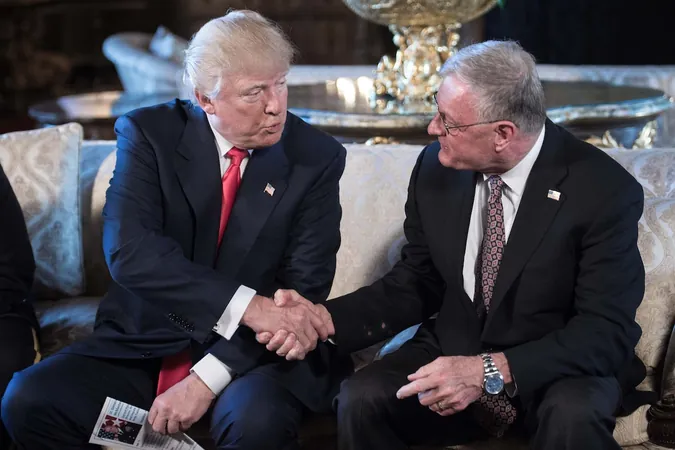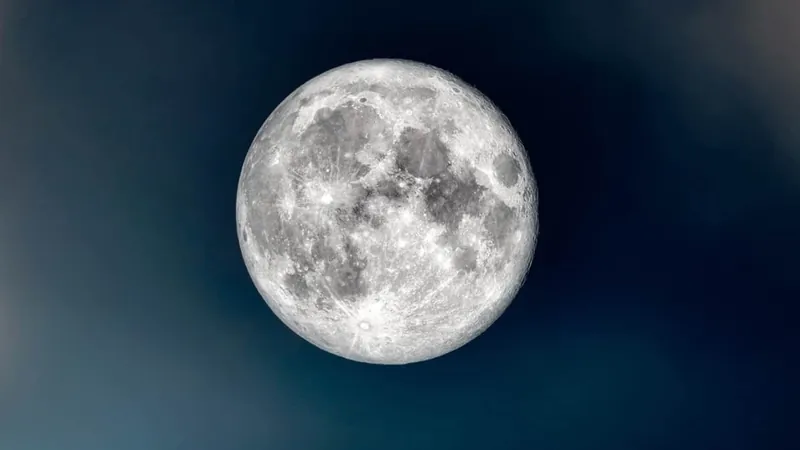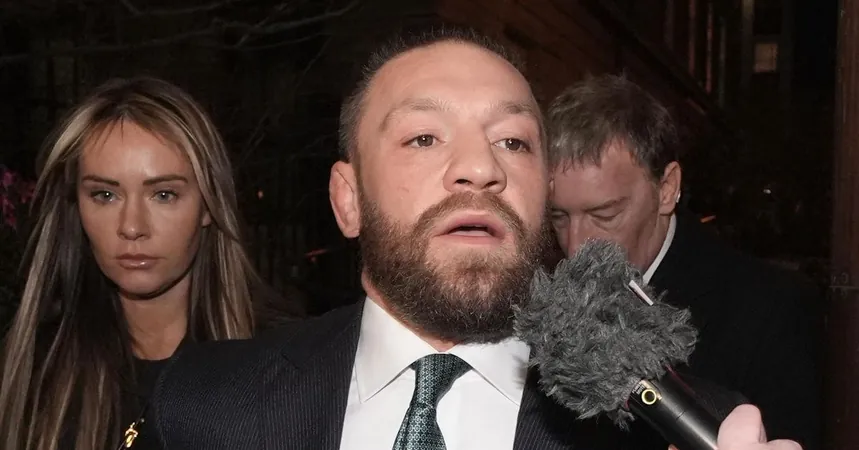
Trump Appoints Retired General Keith Kellogg as Special Envoy for Ukraine: A Bold Move or a Risky Gamble?
2024-11-27
Author: William
Trump Appoints Retired General Keith Kellogg as Special Envoy for Ukraine
In a surprising announcement, Donald Trump has selected retired Lieutenant General Keith Kellogg to be a special envoy for the ongoing conflict in Ukraine. The president-elect shared this news via Truth Social on Wednesday, following reports that Kellogg had previously presented a comprehensive plan to end the war.
Kellogg brings a wealth of military experience to the role, having served as the chief of staff of the White House National Security Council during Trump’s first term from 2017 to 2021. His familiar ties to Trump and his former role as national security adviser to then-Vice President Mike Pence position him as a pivotal figure in potential peace negotiations.
Interestingly, there has been no designated envoy for the Ukraine war until now, indicating Trump's commitment to addressing one of the most pressing international crises of our time. This choice aligns with one of Trump's core campaign promises: to swiftly bring an end to the conflict that has escalated since Russia's invasion of Ukrainian territory.
On social media, Trump praised Kellogg's "distinguished Military and Business career," signaling confidence in his capabilities to tackle this complex issue. Kellogg's proposal reportedly centers around stabilizing the current frontlines and compelling Ukraine and Russia to engage in serious negotiations.
Kellogg drafted his strategic plan in collaboration with Fred Fleitz, another veteran of Trump’s National Security Council, reinforcing the authority behind this initiative. Their approach involves conditioning additional military support for Ukraine on its willingness to enter peace talks while simultaneously warning Russia that any refusal to negotiate could lead to bolstered U.S. backing for Ukraine. Additionally, they propose shelving Ukraine’s NATO membership aspirations for the foreseeable future.
However, this plan may face challenges, particularly from Kyiv, as it risks conceding autonomous control of certain eastern regions to Russia—an aspect that will undoubtedly be contentious. Moreover, given the divided opinions within the Republican Party, particularly among members of the House of Representatives, there could be resistance to increasing aid to Ukraine.
The stakes are high, and as global tensions persist, the question remains: Can Kellogg successfully bridge the divide and bring about a resolution? Or could this appointment usher in unforeseen complications not just for Ukraine, but for global stability? Stay tuned, as this story develops and we see how Trump’s vision for peace unfolds.









 Brasil (PT)
Brasil (PT)
 Canada (EN)
Canada (EN)
 Chile (ES)
Chile (ES)
 España (ES)
España (ES)
 France (FR)
France (FR)
 Hong Kong (EN)
Hong Kong (EN)
 Italia (IT)
Italia (IT)
 日本 (JA)
日本 (JA)
 Magyarország (HU)
Magyarország (HU)
 Norge (NO)
Norge (NO)
 Polska (PL)
Polska (PL)
 Schweiz (DE)
Schweiz (DE)
 Singapore (EN)
Singapore (EN)
 Sverige (SV)
Sverige (SV)
 Suomi (FI)
Suomi (FI)
 Türkiye (TR)
Türkiye (TR)